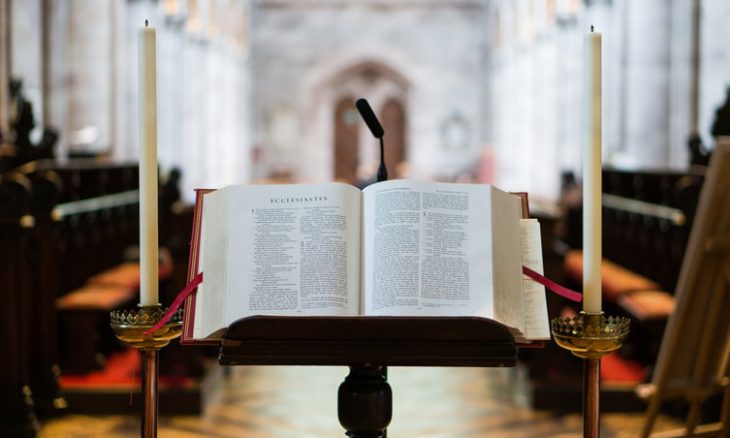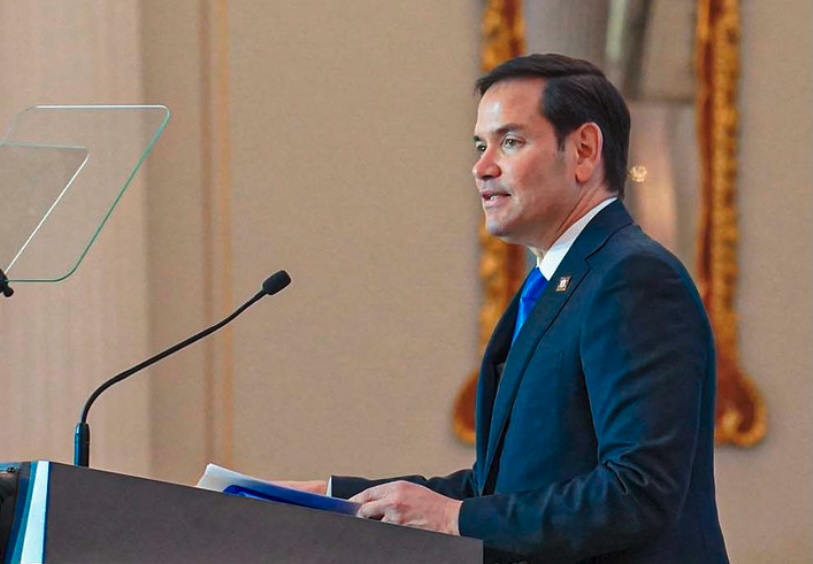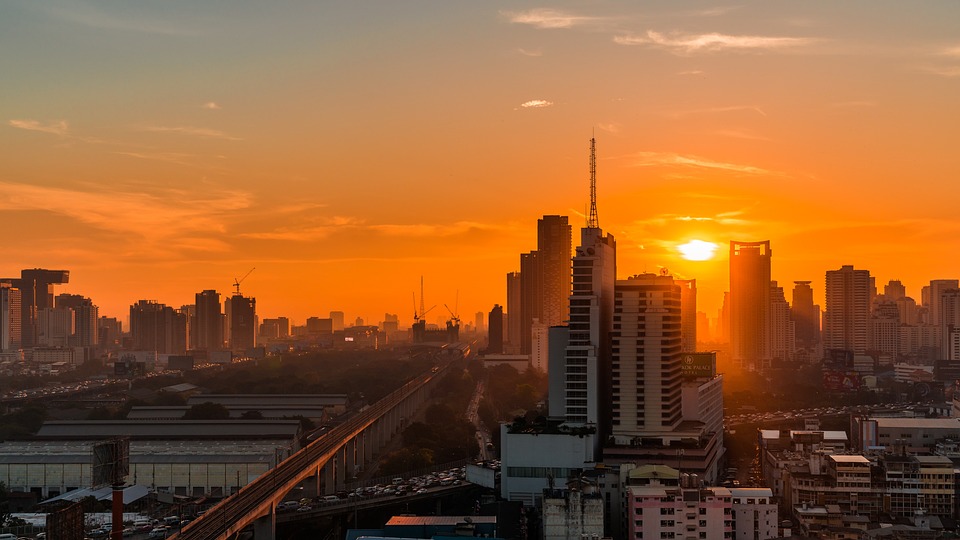From Maryland to Modern Day: Safeguarding Religious Freedom in a Changing Society
PRAY FIRST for the wisdom to understand the true core of religious freedom and its significance in nurturing balance among diverse communities
For the Lord gives wisdom; from his mouth come knowledge and understanding. – Proverbs 2:6
Religious freedom is a fundamental pillar of America’s identity, deeply woven into the nation’s history and legal foundations. Religious freedom refers to the right of individuals to practice, change, or abstain from any religion without governmental interference. To fully understand how it has shaped the nation, we have to understand its origins and how it has morphed and changed over the centuries. This principle was pivotal in shaping early American colonies, notably Maryland.
Early America
Established in 1632 by George Calvert—the first Lord Baltimore—Maryland was envisioned as a haven for persecuted Catholics facing hostility in Protestant England. However, the colony’s religious landscape soon diversified, leading to tensions between Catholics and the growing Protestant population.
In response to these conflicts, the Maryland Toleration Act of 1649 was enacted, granting freedom of worship to all Trinitarian Christians and intending to reduce religious strife. While it was one of the first legal measures to protect religious freedom in North America, its protections were not absolute. The Act was later repealed, reinstated, and repealed again, reflecting the volatile nature of religious tolerance in the Colonies. Ironically, despite fleeing religious persecution in Europe, some Puritans in Maryland began persecuting Catholics, highlighting the complexities of religious tolerance in the New World.
Religious Freedom in U.S. Law and Government
In 1791, the First Amendment to the U.S. Constitution elevated religious freedom, stating, “Congress shall make no law respecting an establishment of religion, or prohibiting the free exercise thereof.” This dual protection prevents the government from favoring any religion while protecting individual religious practices.
Over time, various federal and state laws have reinforced these protections. The interpretation of religious freedom has evolved through numerous Supreme Court cases, reflecting changing societal values. Key cases such as Reynolds v. United States (1879) and Employment Division v. Smith (1990) have shaped the application of the First Amendment, particularly in balancing religious liberty with other constitutional rights.
Modern-Day Perceptions of Religious Freedom in the U.S.
Today, perceptions of religious freedom in the U.S. vary among different groups. While some feel their religious liberties are under threat due to societal shifts, others argue these perceptions stem more from cultural changes than actual legal restrictions. A Pew Research Center study found that 51 percent of Americans believe religious liberties are being eroded, whereas others contend that religion continues to play a significant role in public life.
Similarly, the U.S. maintains powerful protections for religious freedom, especially when contrasted with countries where such liberties are severely limited. Nations with state-imposed religions often experience restrictions on minority faiths—stressing the importance of vigilance in maintaining religious liberties in America.
Potential Consequences of Government Action or Inaction
Government overreach in religious matters can lead to the suppression of individual freedoms, affecting both religious and non-religious communities. Historical examples, such as state-imposed religions or bans on specific religious practices, demonstrate the dangers of excessive government involvement. On the contrary, a society lacking religious freedom often experiences social unrest and the marginalization of minority groups.
Maintaining a balance between safeguarding religious liberty and ensuring impartial laws for all citizens is essential for social equilibrium. Without this balance, legal protection may become inconsistently applied, leading to conflicts that challenge the foundational principles of democracy.
Why It Matters and How We Can Respond
Understanding the multifaceted nature of religious freedom is imperative. It encourages a deeper appreciation for the liberties we can enjoy and supports empathy towards those facing genuine persecution globally.
It is important to remain vigilant in protecting religious freedoms while respecting the beliefs of others. We are called to be ambassadors of Christ—exemplifying love and understanding in interactions.
When encountering differing viewpoints, we should respond with grace and patience, seeking to understand before being understood. For instance, praying for wisdom in navigating complex issues can be supported by Proverbs 3:5-6:”Trust in the Lord with all your heart, and do not lean on your own understanding. In all your ways acknowledge him, and he will make straight your paths.”
By engaging in informed discussions and supporting policies that uphold true religious liberty, we as believers can contribute positively to societal discourse.
HOW THEN SHOULD WE PRAY:
— Pray for all who are in authority to seek God’s wisdom to work diligently to protect the rights protected by our Bill of Rights. Have I not commanded you? Be strong and courageous. Do not be frightened, and do not be dismayed, for the Lord your God is with you wherever you go. Joshua 1:9
— Pray for those in the federal government to seek God’s rightness and to do what right in the eyes of the Lord. your speech always be gracious, seasoned with salt, so that you may know how you ought to answer each person. Colossians 4:6
CONSIDER THESE ITEMS FOR PRAYER:
- Pray for God to be at work in and through the president to accomplish God’s perfect plan on Earth.
- Pray for our leaders to enact and uphold laws that protect religious freedoms, ensuring justice and equality for all citizens.
- Pray for all Americans to have the courage and strength to stand against the persecution of all people.
Sources: Congressional Research Service, Pew Research Center, Maryland State Archives, United States Courts, MDTwoFifty









